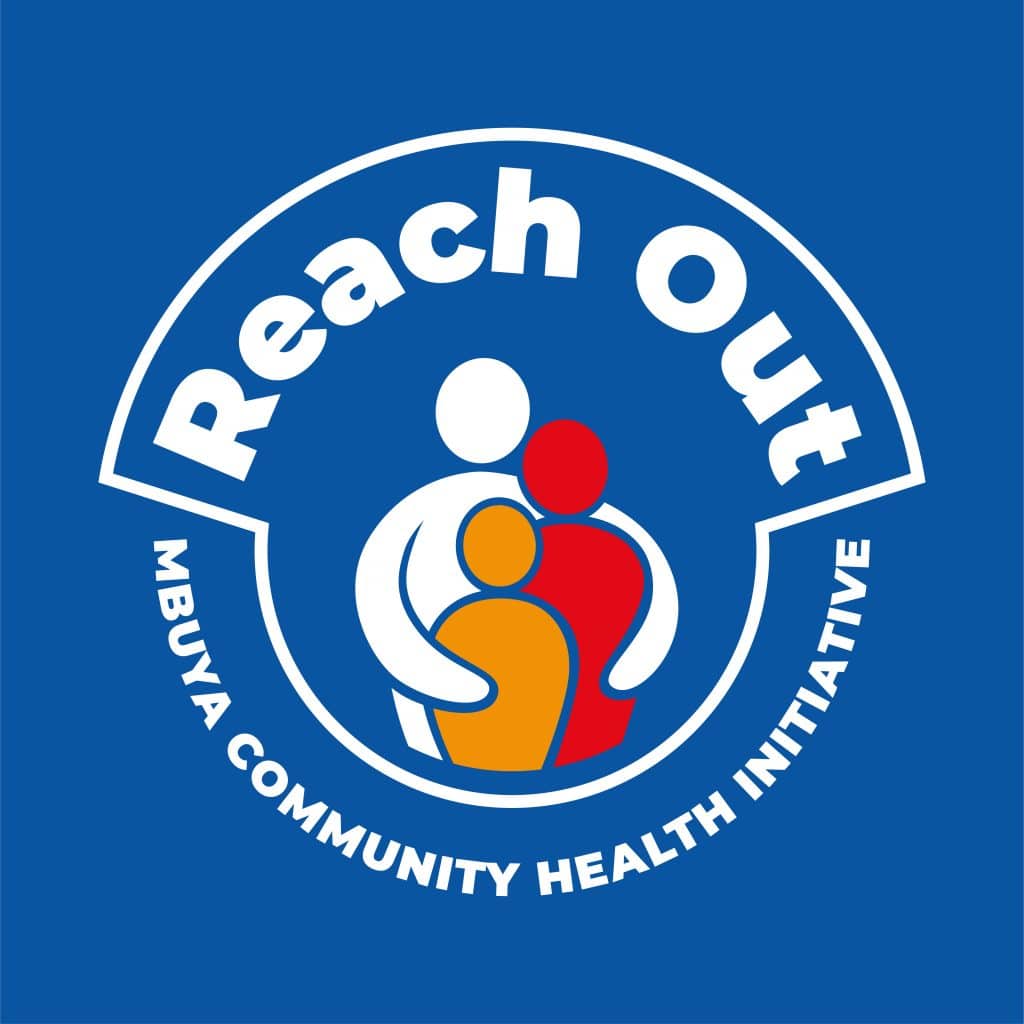By Florence Awor; Senior Counsellor at Reach Out Mbuya Community Health Initiative
HIV discordance is a lack of agreement of the couple HIV test results. A situation where a Couple tests for HIV and one partner results are HIV negative while the other is HIV positive. A couple is defined as two persons in an ongoing sexual relationship, individually referred to as partners. These can remain discordant for a long time, but the negative partner is always at risk of contracting HIV. Discordance is one of the challenging situations among couples as many always question why one partner is not infected leading some people to believe that a partner remaining negative in that discordant relationship has a stronger blood group than others or that HIV is hiding in the negative partner’s body. This is not true at all. Studies show no one is immune to HIV and that HIV is not transmitted on every sexual exposure, but you never know when it will be transmitted. More so, HIV cannot hide in one’s body. Others think the negative partner is probably just in the window period, the window period lasts only about two weeks. Unless the negative partner has been exposed within two weeks, you can be certain he/she is not in the window period.
It is therefore important that partners disclose to each other their serostatus to support HIV prevention in families and communities. Benefits from this are both to the individual disclosing who gets higher chances of social support and to the wider society through reducing HIV transmission possibilities. Disclosure in this sense must be a validated status through tests done from credible medical facilities but not assumptions or relying on past test results when one had multiple sex encounters thereafter. It is, therefore, safer to ascertain each partners‘ status before having unprotected sex. Disclosure builds trust and true love in a relationship translating into family support to the infected. Family support limits discrimination at home as the first line of defence for the infected plus contributes greatly to their quality of life. Chances of care regarding the infected’s nutrition, reminders to take drugs, avoiding risky behaviour by both the infected and the members in that home are enhanced.
Like mentioned earlier, there is a possibility of a negative partner turning HIV positive during this relationship. Seroconversion happens when the negative partner’s body starts to produce levels of HIV antibodies usually occurring several weeks after the first contracting of the virus.
Several factors contribute to seroconversion of the negative partner in such relationships include Sexually Transmitted Disease infection, having multiple sexual partners, having unprotected sex with an infected person and the infected person having a high viral load during the acute phase of the partner HIV infection. It is therefore important for the negative partner in a discordant couple relationships to regularly test to ascertain their status.
Discordant couples can also leave together without infecting the negative partner if they observe consistent protected sex, promptly treat sexually transmitted infection, avoid having multiple sexual partners and the positive partner adhering well to drugs and have a suppressed viral load. For over six years, ROM has managed over 250 discordant couples with no seroconverson.
We always encourage HIV status disclosure among them, conduct counselling on how to live safely together plus training of the couples on what discordance is. We emphasise the importance of protecting the negative partner plus supporting the positive partner to adhere well to the drugs. Regular reminders on the danger and effects of alcohol to the life of a discordant couple and communication as discondart partners are equally important.
Peer support groups are very important as they provide safe spaces for partners to dialogue, seek advice, hear other people’s stories and learn how to live in a happy discordant relationship.
For all couples newly tested with no history of Antiretroviral Therapy, the positive partner must start the treatment and the negative partner the Pre-exposure Prophylaxis for at least six months.
Yes it’s possible and safe to live happily as a discordant couple. Seek the right support, learn from others, stop discrimination.





2 thoughts on “Is it safe to be in a Discordant Relationship!”
Am HIV negative widower planning to marry an HIV positive lady who has already started ART. Every time her vl test results come out zero copies. How risky is my decision to go ahead and marry her? Is the chance of contracting HIV still there even when all measures to prevent transmission are adhered to?
I’m HIV negative married to a HIV positive my my husband has been taking his meds faithful for the past 14 years my worry is he is no longer sexual active is it the effects of the medication? I am mid forty he is early fifty